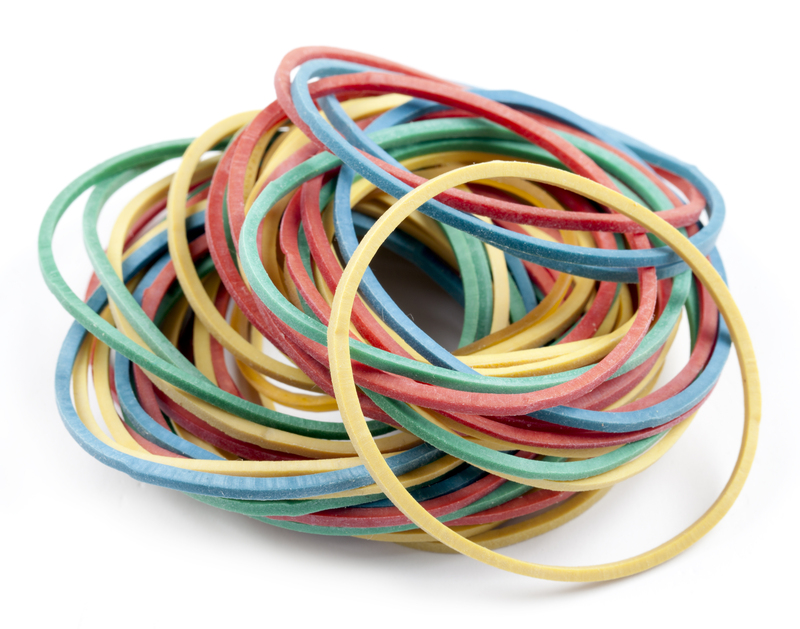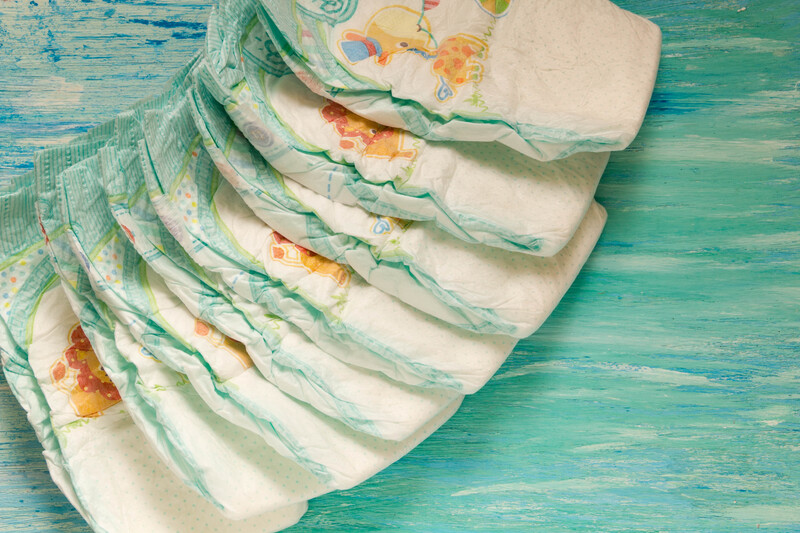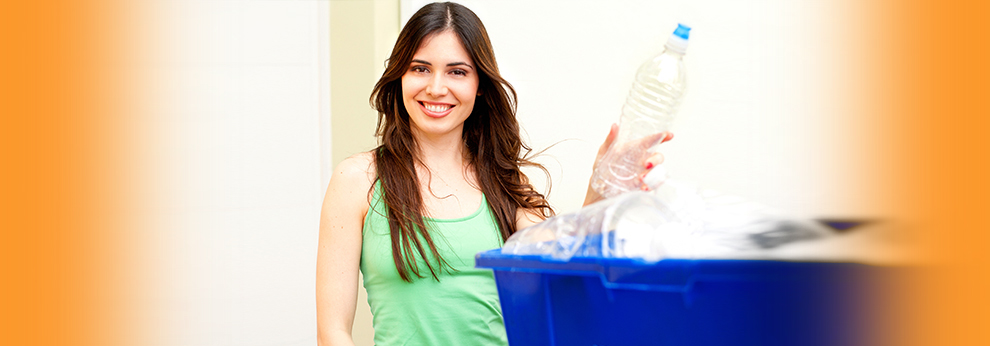Harmonize Your Space: Stress Reduction through De-cluttering
Posted on 12/10/2025
Harmonize Your Space: Stress Reduction through De-cluttering
Are you seeking tranquility in your home or workplace? In today's fast-paced world, an organized environment is more than just aesthetically pleasing--it's essential for mental wellness. De-cluttering has gained momentum not only as a trend but as a crucial practice for harmonizing your space and promoting stress reduction.
Why Clutter Contributes to Stress
Psychologists and organizational experts agree: physical clutter leads to mental clutter. When our surroundings are disorganized, our minds tend to mimic that chaos, making it hard to concentrate, relax, or be productive.
- Visual Overstimulation: Every misplaced item commands your attention, disrupting focus.
- Decision Fatigue: Choosing amongst too many things heightens stress, draining your mental energy.
- Time Waste: Clutter makes it difficult to find what you need, leading to frustration and lost hours.
- Anxiety Trigger: Disarray often reminds us of tasks left undone, heightening feelings of stress and guilt.

The Benefits of a De-cluttered and Harmonized Space
Stress reduction through de-cluttering isn't just a catchphrase--it's a well-documented phenomenon. Here's what you can expect when you dedicate time to organizing and harmonizing your space:
- Mental Clarity: A tidy environment promotes clear thinking and improves focus.
- Cognitive Calm: Fewer distractions mean a calmer mind, reducing anxiety and tension.
- Higher Productivity: An organized space allows you to complete tasks more efficiently.
- Improved Mood: Orderliness creates a sense of control and achievement, uplifting your spirits.
- Enhanced Well-being: Decluttering can promote healthier habits, better sleep, and overall harmony.
Understanding the Psychology of Clutter
The link between clutter and stress is not just anecdotal. Studies show that living or working in a cluttered environment significantly increases cortisol, the primary stress hormone. According to a study by the University of California, individuals in homes with high densities of objects reported higher stress levels and lower life satisfaction. Decluttering your physical space can have a direct impact on your mental and emotional well-being.
Emotional Attachments and Letting Go
Many people hold onto objects for sentimental reasons or out of fear that they may need them in the future. This emotional attachment can make the decluttering process challenging. However, learning to let go--while keeping truly meaningful items--can be profoundly liberating and help reducing stress through organization and harmony.
Practical Strategies for De-cluttering and Harmonizing Your Space
Ready to enjoy the benefits of a de-cluttered and harmonious environment? Implementing practical strategies can make the process manageable and even enjoyable.
1. Start Small and Simple
Don't feel overwhelmed by the idea of de-cluttering your entire home or workspace at once. Begin with a single drawer, shelf, or corner. Small successes lead to increased motivation and momentum.
2. The Four-Box Method
- Label four boxes: Keep, Donate, Discard, Relocate.
- As you sort items, choose a box for each one. Be honest and decisive.
3. Minimize Sentimental Clutter
While it's wonderful to keep items that truly matter, excessive sentimental clutter weighs you down. Ask yourself:
- Does this object bring joy or serve a purpose?
- Would a photo or digital memory suffice?
4. Design Functional Spaces
Organize spaces based on function. Group similar items together and keep essentials within easy reach. Utilize storage solutions such as baskets, bins, shelves, or drawer dividers to maintain order.
5. Daily Five-Minute Refresh
Take five minutes at the end of each day to tidy--put items back, clear surfaces, and review clutter-prone areas.
Sustainable Habits for a Harmonious Space
Maintaining an organized, tranquil environment is an ongoing process. Adopt these sustainable habits to ensure lasting stress relief through a harmonious and de-cluttered space:
- One In, One Out Rule: For every new item, consider donating or discarding something you no longer need.
- Scheduled Declutter Sessions: Set aside time monthly or seasonally to reassess and tidy troublesome areas.
- Digital De-cluttering: Don't overlook your digital life. Unsubscribe, organize files, and clear digital desktops for a more peaceful mind.
- Practice Mindful Consumption: Shop consciously and avoid impulse purchases that lead to more clutter.
- Intentional Decor Choices: Choose decor that creates serenity--plants, calming colors, or minimalist art enhance the sense of harmony in your space.
Harmonize Your Workspace for Optimal Stress Reduction
Your office or study area is where productive magic happens, and clutter can be a major obstacle. Try these tips to create a workspace that boosts clarity, creativity, and composure:
- Clear Your Desk: Only keep daily essentials within arm's reach, and put away everything else at the end of the day.
- Organize Paperwork: Use trays, folders, or digital scanners to keep paperwork streamlined and surfaces clear.
- Designate Zones: Assign specific tasks to specific areas (e.g., a reading nook, computer spot, creative space).
- Incorporate Nature: Bring in a plant or two. Natural elements are proven to reduce stress.
- Minimize Visual Distractions: Store supplies in drawers or cabinets to simplify your visual field.
De-cluttering Techniques Inspired by Feng Shui
Feng Shui, the ancient Chinese art of arranging spaces for positive energy (chi), aligns closely with modern de-cluttering philosophies. By ensuring pathways are clear and energy flows freely, you can enhance your home's harmonious ambiance and your mental peace.
Key Feng Shui De-cluttering Principles:
- Maintain Open Doorways and Hallways: Clear entryways invite flow and fresh energy.
- Remove "Stagnant" Items: Anything unused, broken, or disliked blocks progress and creates mental congestion.
- Balance and Symmetry: Pair items (like lamps or plants) to create balance and harmony.
- Uplifting Decor: Display art or belongings that inspire joy and calmness.
Decluttering for Specific Rooms: Tips to Harmonize Each Space
Every area in your home plays a unique role. Tailoring your decluttering strategies for each space ensures maximum comfort and stress relief.
Living Room:
- Keep surfaces clear--limit decor to items that foster relaxation.
- Utilize baskets or ottomans for quick storage of blankets, remotes, or magazines.
- Arrange furniture for easy traffic flow and conversation.
Kitchen:
- Pare down gadgets and utensils to what you regularly use.
- Store infrequently used appliances in cabinets.
- Adopt the "clean as you go" approach for sinks and countertops.
Bedroom:
- Keep nightstands clutter-free--save space for a lamp, a book, or a calming scent.
- Declutter your closet using the seasonal method, storing out-of-season clothes elsewhere.
- Opt for soft, neutral colors and minimal decor to enhance restfulness and harmony.
Bathroom:
- Limit products to daily essentials and hide extras in cabinets.
- Use drawer organizers to separate small items.
- Hang towels and robes behind doors to keep surfaces clear.
Embracing a Mindful Decluttering Practice
Remember, stress reduction through organized and harmonious space is a lifelong journey. Rather than racing toward perfection, focus on progress and self-compassion. Acknowledge both your efforts and your victories, no matter how small.
Mindfulness Techniques for Decluttering:
- Set Intentions: Before each session, define your goal--more peace, productivity, or joy in your space.
- Listen to Your Emotions: Notice any resistance or attachment to objects and explore those feelings with curiosity.
- Celebrate Small Wins: Take a moment to enjoy each newly organized area. Savor the calmness it brings.
- Practice Gratitude: Appreciate the comfort and beauty your space now offers after each decluttering session.
Common Challenges and Solutions in De-cluttering for Stress Relief
Decluttering is rewarding but not always easy. Here are common roadblocks--and ways to overcome them--to create the harmonious, stress-free environment you desire:
1. Overwhelm and Inertia
Solution: Tackle decluttering one small area at a time. Set a timer for 10-15 minutes and allow yourself breaks.
2. Sentimental Attachments
Solution: Photograph cherished keepsakes for digital memories. Limit keepsake boxes to a reasonable size.
3. Deciding What to Keep or Let Go
Solution: Ask yourself: Have I used this in the last year? Does it support my current lifestyle or bring positivity? Lean into practicality and joy as your criteria.
4. Lack of Storage Solutions
Solution: Invest in multi-functional furniture, vertical storage, and organizational containers that suit your style and needs.

Financial and Environmental Benefits of Decluttering
A hidden boon of creating an organized, harmonious space is its positive impact on your finances and the environment.
- Less Impulse Buying: Organized spaces make you more aware of what you own, reducing needless purchases.
- Donation and Recycling: Passing unused items to others or recycling responsibly promotes sustainability and community goodwill.
- Downsized Living: With fewer belongings, you may find you require less space, reducing utility and housing expenses.
- Moderation and Mindful Choices: Long-term decluttering nurtures minimalism and intentional consumption, supporting both your wallet and the planet.
Conclusion: Experience Lasting Calm with a Harmonized, Decluttered Space
The journey to stress reduction through de-cluttering and space harmonization empowers us to reclaim our surroundings--and our sense of inner peace. By understanding the link between clutter and mental strain, implementing actionable strategies, and embracing mindful maintenance, you'll not only beautify your home or office but also nurture harmony within. Remember, every mindful decision in decluttering paves the way to tranquility, joy, and renewed personal energy.
Start today. Transform your space, declutter your mind, and harmonize your life for lasting well-being.
Latest Posts
Expert tips on disposing of old chargers sustainably
Green Living Suggestions for Reducing Plastic Waste
How to Handle Uncollected Waste Bin Services
Innovative Practices to Reduce Household Waste
Harmonize Your Space: Stress Reduction through De-cluttering



